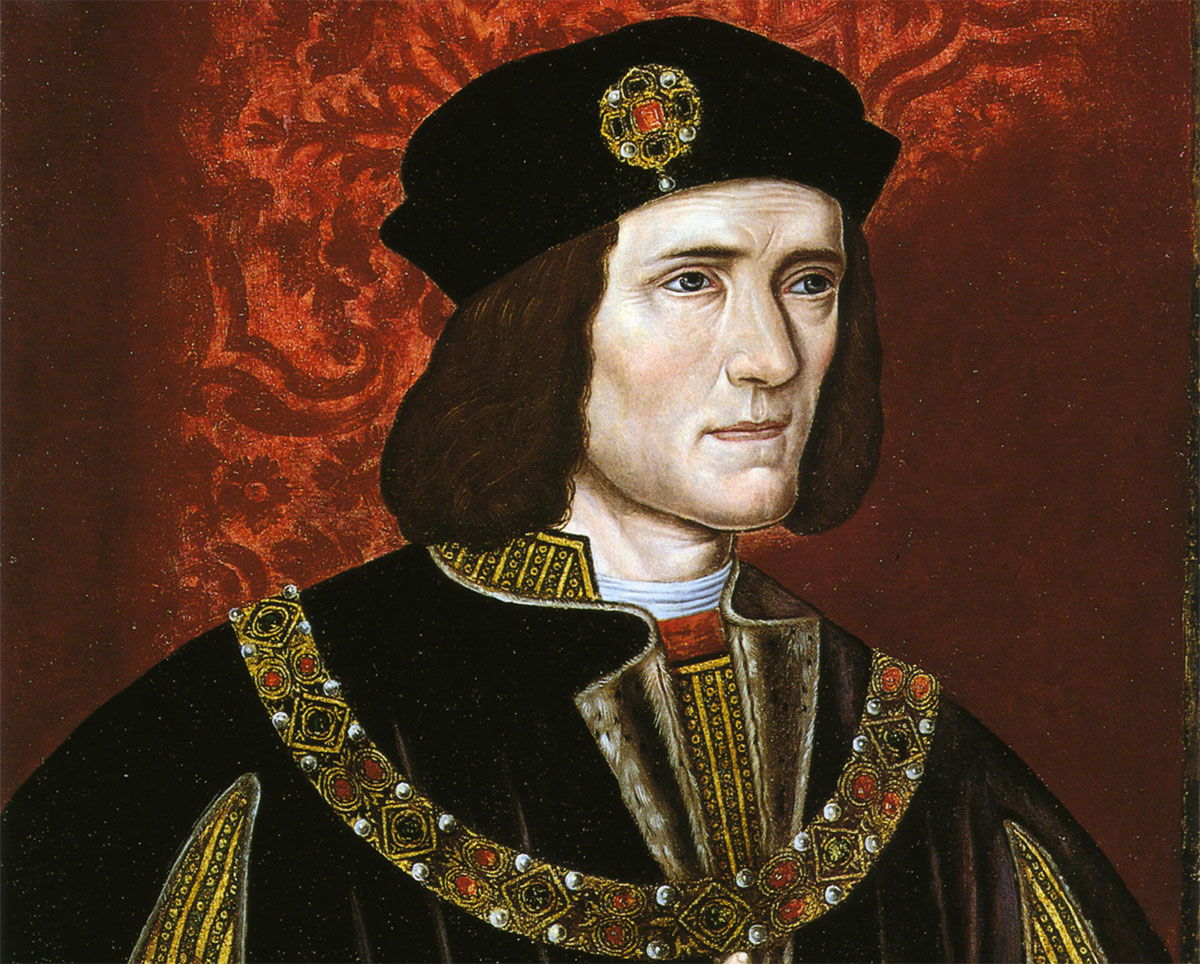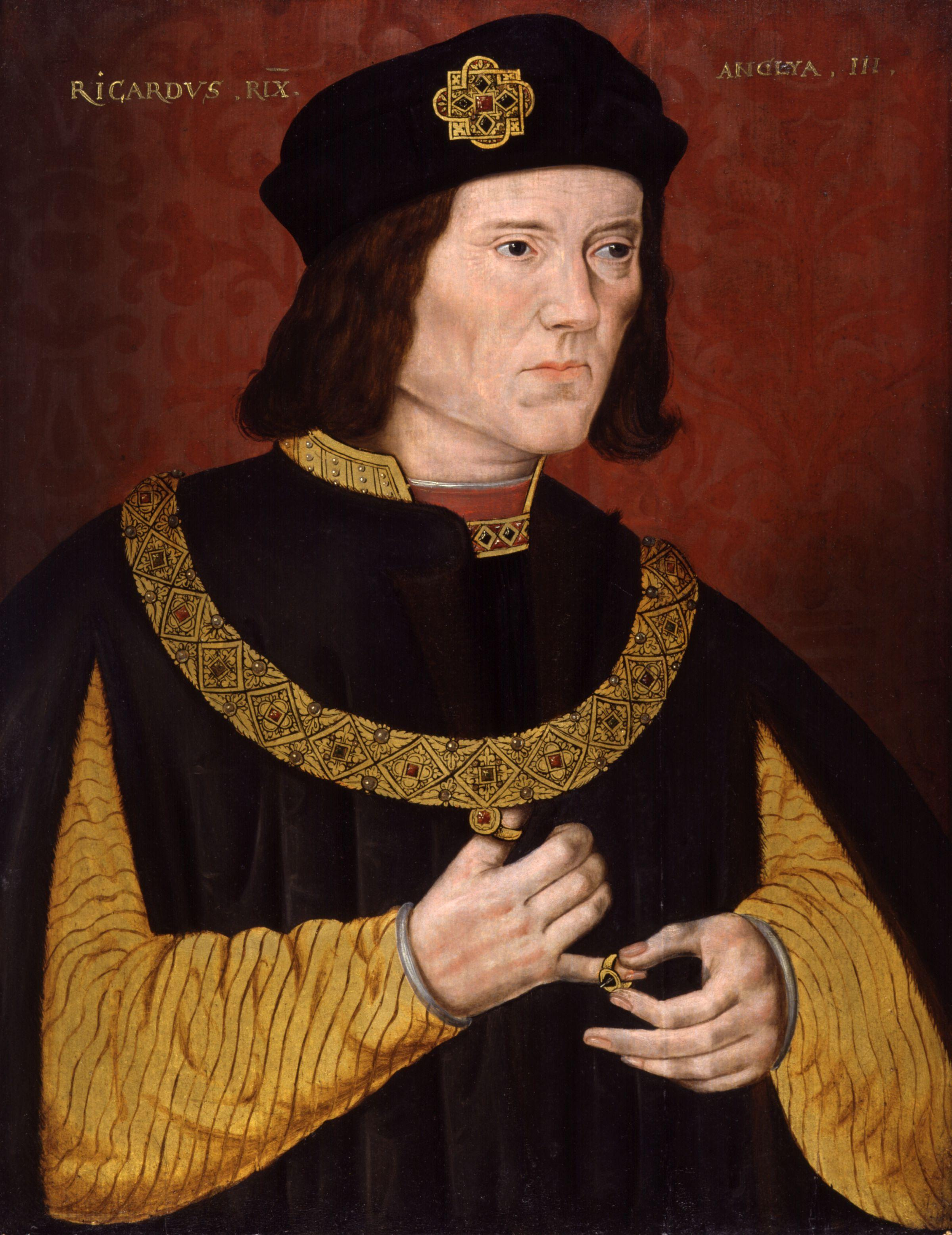Richard III - The Last Plantagenet King And Shakespeare's Villain
Richard III is a name that resonates deeply in the annals of English history. He was the last ruler of the Plantagenet dynasty, a figure whose life was marked by controversy, intrigue, and dramatic twists. His reign lasted merely two years, yet it left an indelible mark on the nation's history. Richard's legacy is often overshadowed by the accusations and myths surrounding his rule, particularly his alleged involvement in the disappearance of the Princes in the Tower. But who was Richard III, really? This article delves into his life, his rise to power, his brief reign, and the enduring debates about his character.
Richard III was more than just a historical figure; he was a key player in the Wars of the Roses, a series of civil wars fought between the House of York and the House of Lancaster. Born into a tumultuous era, Richard's life was shaped by the political and military conflicts of his time. His story is one of ambition, loyalty, and tragedy, and it continues to captivate historians and enthusiasts alike. From his early years to his untimely death at the Battle of Bosworth Field, Richard's life was anything but ordinary.
Even today, Richard III remains a polarizing figure. His portrayal in William Shakespeare's play as a cunning and ruthless villain has influenced public perception for centuries. Yet, beneath the layers of myth and propaganda, there lies a more complex individual whose actions and motives are still debated. This article explores the life and legacy of Richard III, aiming to provide a balanced view of his reign and its lasting impact on English history.
Table of Contents
- Biography of Richard III
- Who Was Richard III?
- What Was Richard III's Role in the Wars of the Roses?
- Richard III's Early Years
- Why Did Richard III Become King?
- Richard III's Reign and Achievements
- What Happened to Richard III at Bosworth Field?
- Legacy of Richard III
Biography of Richard III
Richard III was born on October 2, 1452, at Fotheringhay Castle in Northamptonshire, England. He was the eleventh child of Richard, 3rd Duke of York, and Cecily Neville. His early years were spent in the shadow of his older brothers, particularly Edward, who would later become King Edward IV. Richard grew up during a time of great upheaval, as the Wars of the Roses raged across the land. Despite the chaos, Richard developed a reputation for loyalty and dedication to his family.
Below is a table summarizing some key details of Richard III's life:
| Full Name | Richard Plantagenet |
|---|---|
| Date of Birth | October 2, 1452 |
| Place of Birth | Fotheringhay Castle, Northamptonshire |
| Date of Death | August 22, 1485 |
| Place of Death | Bosworth Field, Leicestershire |
| Reign | 1483-1485 |
| Predecessor | Edward V |
| Successor | Henry VII |
Who Was Richard III?
Richard III is often remembered as the last king of the House of York and the Plantagenet dynasty. But who exactly was this man behind the crown? Richard was not just a king; he was a military leader, a reformer, and a controversial figure whose life was filled with dramatic events. In some respects, Richard's story is one of resilience and determination, as he navigated the treacherous waters of medieval politics. Yet, he is also the subject of enduring myths, particularly those perpetuated by Tudor propaganda.
What Was Richard III's Role in the Wars of the Roses?
The Wars of the Roses were a series of conflicts between the Houses of York and Lancaster that defined much of Richard's life. As a young man, Richard fought alongside his brother Edward IV in battles like Barnet, where the Yorkists secured a crucial victory. His loyalty to the Yorkist cause was unwavering, and he played a significant role in maintaining the family's power. Richard's involvement in these conflicts shaped his worldview and prepared him for the challenges he would face later in life.
Richard III's Early Years
Richard's early years were marked by the turbulence of the Wars of the Roses. Growing up in a family that was central to the conflict, Richard learned quickly about the importance of alliances and strategy. His father, Richard, Duke of York, was a key figure in the early stages of the war, and Richard's early experiences likely influenced his later actions. By the time he reached adulthood, Richard had developed a reputation for being a capable and reliable leader.
Why Did Richard III Become King?
Richard III became king in 1483 after the death of his brother Edward IV. The circumstances surrounding his ascension to the throne are still debated by historians. Richard was named Lord Protector for his young nephew, Edward V, but events quickly took a dramatic turn. The legitimacy of Edward V's claim to the throne was challenged, and Richard eventually declared himself king. This decision sparked controversy and led to accusations of treachery, accusations that have persisted to this day.
Richard III's Reign and Achievements
Despite the brevity of his reign, Richard III accomplished several notable achievements. He presented himself as a reformer committed to justice and morality, seeking to remedy the perceived misrule of Edward IV's later years. Richard's signet registers reveal plans to improve the management of royal estates and the northern regions of England. He also reached agreements with Queen Elizabeth, demonstrating his ability to negotiate and compromise. Though his reign was short, Richard's efforts to stabilize the realm were evident.
What Happened to Richard III at Bosworth Field?
Richard III's reign came to an abrupt end at the Battle of Bosworth Field in 1485. Facing Henry Tudor, who would later become Henry VII, Richard fought valiantly but was ultimately defeated and killed. The battle marked the end of the Plantagenet dynasty and the beginning of the Tudor era. Richard's death was a pivotal moment in English history, symbolizing the transition from medieval to modern times. His body was buried in Leicester, only to be rediscovered in 2012 beneath a car park.
Legacy of Richard III
The legacy of Richard III is complex and multifaceted. On one hand, he is remembered as a ruthless tyrant, a perception largely shaped by William Shakespeare's play. On the other hand, many contemporary sources praise his character and rule, highlighting his commitment to justice and reform. The discovery of his remains in 2012 reignited interest in his life and reign, prompting new debates about his true nature. Richard III remains a fascinating figure whose story continues to captivate audiences worldwide.
So, what can we learn from Richard III's life? His story reminds us of the complexities of history and the dangers of relying solely on propaganda to form our judgments. By examining the evidence carefully, we can gain a more nuanced understanding of this enigmatic king. Richard III's legacy is not just about his actions but also about how history remembers and interprets them.
Final Thoughts
In some ways, Richard III's life was defined by the challenges he faced and the choices he made. Whether viewed as a villain or a reformer, his impact on English history cannot be denied. His story is a reminder that history is rarely black and white, and that even the most controversial figures deserve a fair hearing. As we continue to explore the life and legacy of Richard III, we gain a deeper appreciation for the complexities of the past.

The Birth of Richard III | History Today

The History Blog » Blog Archive » Experts dig under parking lot for

Bones of contention: why Richard III’s skeleton won’t change history